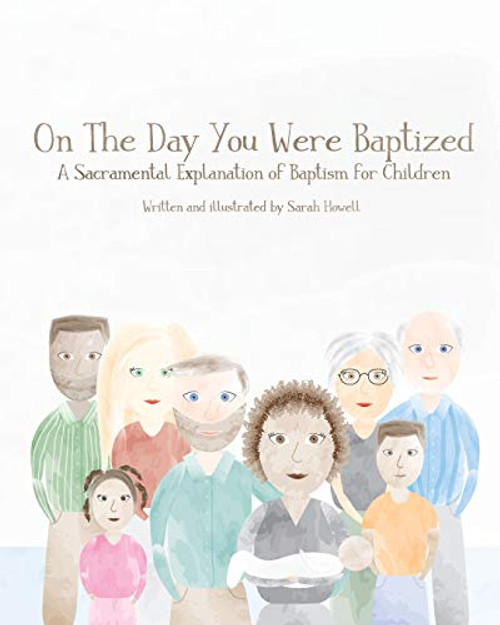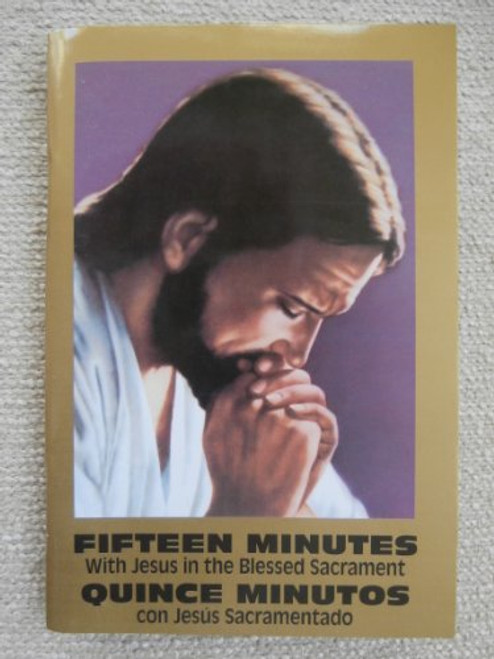The perfect guidebook for curious parents, enthusiastic newcomers, and confused cradle Catholics. Frankly, this is the best book on baptism Ive ever read. James Martin, S.J. author of the New York Times Bestseller, The Jesuit Guide to (Almost) Everything
Baptism is the beginning of ones life in the community of the church, and the gateway to the rest of the sacraments.
Isnt it better to get baptized when youre older, and can understand what youre doing?
Does my baby have to be baptized immediately?
Will my child go to hell, limbo or purgatory ifGod forbidhe or she dies before baptism?
Why are so many baptisms done during the Mass these days?
Whats the role of the godparents? Do they have to be Catholics? Christians? Believers?
These are questions from good Catholics that deserve good answers. If people remain confused about baptism, they will be confused about the sacramental life of the church, and, by extension, their faith.
Thomas Scirghi has written a fine book on baptism for the 21st century church. Rooted deeply in Scripture, the authoritative teaching of the Catholic Church, and the living tradition of sacramental practice, Scirghis book is laced with literary, cultural, and everyday examples that allow readers to grasp (or grasp anew) the continuing significance of baptism in the life of the Church and in their own lives. Timothy Brunk, Assistant Professor of Theology, Villanova University
From the foreword by James Martin, SJ:
Frankly, this is the best book on baptism Ive ever read. Its wise without being overly academic; inviting without being overly informal; and concise without being slapdash. Fr.
Scirghi, a distinguished scholar, compassionate pastor, and popular teacher at Fordham University, is the perfect guide to the history, theology, and application of the sacrament.
Father Scirghis book could easily become a standard introduction to the sacrament, and is the perfect guidebook for curious parents, enthusiastic newcomers, and confused cradle Catholics. After reading it, youll understand why we invite parents to have their children baptized, and also why we baptize adults at the Easter Vigil Mass. Youll know the significance of the oil (and the candle) in the rite. And the next time you see a priest or deacon pour water over a childs head and pronounce the ancient baptismal formula, youll have a richer appreciation for his words and his actions.
Baptism is the beginning of ones life in the community of the church, and the gateway to the rest of the sacraments.
Isnt it better to get baptized when youre older, and can understand what youre doing?
Does my baby have to be baptized immediately?
Will my child go to hell, limbo or purgatory ifGod forbidhe or she dies before baptism?
Why are so many baptisms done during the Mass these days?
Whats the role of the godparents? Do they have to be Catholics? Christians? Believers?
These are questions from good Catholics that deserve good answers. If people remain confused about baptism, they will be confused about the sacramental life of the church, and, by extension, their faith.
Thomas Scirghi has written a fine book on baptism for the 21st century church. Rooted deeply in Scripture, the authoritative teaching of the Catholic Church, and the living tradition of sacramental practice, Scirghis book is laced with literary, cultural, and everyday examples that allow readers to grasp (or grasp anew) the continuing significance of baptism in the life of the Church and in their own lives. Timothy Brunk, Assistant Professor of Theology, Villanova University
From the foreword by James Martin, SJ:
Frankly, this is the best book on baptism Ive ever read. Its wise without being overly academic; inviting without being overly informal; and concise without being slapdash. Fr.
Scirghi, a distinguished scholar, compassionate pastor, and popular teacher at Fordham University, is the perfect guide to the history, theology, and application of the sacrament.
Father Scirghis book could easily become a standard introduction to the sacrament, and is the perfect guidebook for curious parents, enthusiastic newcomers, and confused cradle Catholics. After reading it, youll understand why we invite parents to have their children baptized, and also why we baptize adults at the Easter Vigil Mass. Youll know the significance of the oil (and the candle) in the rite. And the next time you see a priest or deacon pour water over a childs head and pronounce the ancient baptismal formula, youll have a richer appreciation for his words and his actions.










